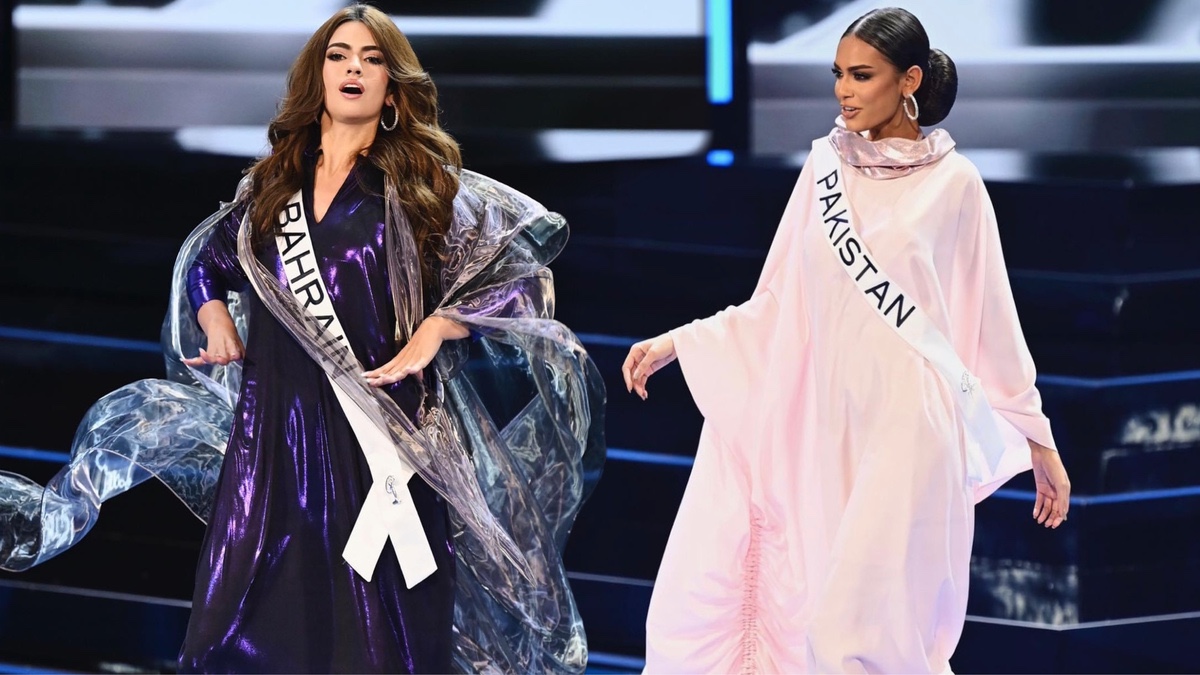A Lesson for MLK Day
By Thomas Saffold, Michigan Islamic Academy
This is potentially a new column by a Muslim convert in Michigan. Opinions expressed are his own.
Last week I had the honor of presenting information about Martin Luther King, Jr. to middle- and high school students at the Michigan Islamic Academy. Over the course of four days, I shared with them the true dream—and vision—of Dr. King.
During the period when Dr. King fought outwardly to end racial discrimination, the US political and economic elites tolerated him and gave him public accolades.
However, in the mid-sixties, Dr. King took the next logical steps demanded by his commitment to peace, justice, and a God-oriented life; he began to speak out publicly about economic justice for all Americans—and for people in poor nations exploited by our own—and he began to condemn war.
At that point the US ruling powers considered him dangerous, and began a campaign to marginalize and demonize Dr. King. When he did not buckle and would not be silenced, forces conspired to kill him.
The US ruling elite still consider his ideas on peace and economic justice dangerous, because his message is more relevant now than when Dr. King was alive. That is why the public hears the “I have a Dream†part of his March on Washington speech endlessly looped in television testimonials and only the theme of ending racism repeated in nearly all commemorations of MLK Day.
The real Martin Luther King, Jr. seems to me to have been very much devoted to Allah. The dangers he saw and the forces he battled are the legacy of Western Christianity and the enemies of Muslims today, all over the world.
We could learn from Dr. King and consider adopting his advice because much of it would strengthen our Ummah and help us in our mission.
In his April 4, 1967 speech, “Beyond Vietnam,†Dr. King spoke directly and “clearly to the greatest purveyor of violence in the world today — my own government.†He spoke of the destruction of Vietnam and the effect of the war on the Vietnamese people had on the poor people of the United States. With searing words he described the criminal history of American actions in Vietnam and detailed the cruel and daily suffering our nation was inflicting:
They watch as we poison their water, as we kill a million acres of their crops. They must weep as the bulldozers roar through their areas preparing to destroy the precious trees. They wander into the hospitals with at least twenty casualties from American firepower for one Vietcong-inflicted injury. So far we may have killed a million of them… They wander into the towns and see thousands of the children, homeless, without clothes, running in packs on the streets like animals. They see the children degraded by our soldiers as they beg for food. They see the children selling their sisters to our soldiers, soliciting for their mothers.
Now content with simple condemnation of our government’s policies, he made five very specific demands upon Washington in order to bring the fighting to an abrupt halt and allow peace to prevail.
If Dr. King were alive today, he would be condemning the wars in Iraq and Afghanistan and the War on Terror with similar words and demands.
After exposing the lies and criminality of our government in Southeast Asia, Dr. King could have ended his speech to great applause, but courageously called Vietnam “but a symptom of a far deeper malady within the American spirit†and then describes a nation that is deeply corrupted by Racism, Materialism, and Militarism that will lead to ever more wars and ever more killing. He even named five specific nations that, indeed, saw millions of their people killed by US arms over the following decade.
He called for a “revolution of values†to defeat the power structure in America, and stop not only its propensity to war, but its economic injustice as well:
A true revolution of values will soon look uneasily on the glaring contrast of poverty and wealth. With righteous indignation, it will look across the seas and see individual capitalists of the West investing huge sums of money in Asia, Africa, and South America, only to take the profits out with no concern for the social betterment of the countries, and say, “This is not just.†It will look at our alliance with the landed gentry of South America and say, “This is not just.†The Western arrogance of feeling that it has everything to teach others and nothing to learn from them is not just.
He was not speaking rhetorically. Other speeches and writings reveal that he had definite plans for HOW average people could organize together in order to acquire the power needed to force this revolution for the common good of all people.
This was the part that really interested the students. As we talked about all this, it was clear to me that although they believed the oft-heard call from imams for “unity of the Ummah,†and yearned for a world guided by Islamic principles, they saw adults around them failing to organize effectively, and had no clue for the question, “But how can Muslims organize to have power to change things for the common good, as Allah (SWT) wills it?â€
Specific answers to that question—a workable plan of action based upon Islamic history and the experiences of people like Dr. King—will be, inshAllah, the topic of next week’s column.
Islamic Academy is a full-time pre-K through 12 school in Ann Arbor, MI. See www.mia-aa.org.
13-5












2011
799 views
views
0
comments